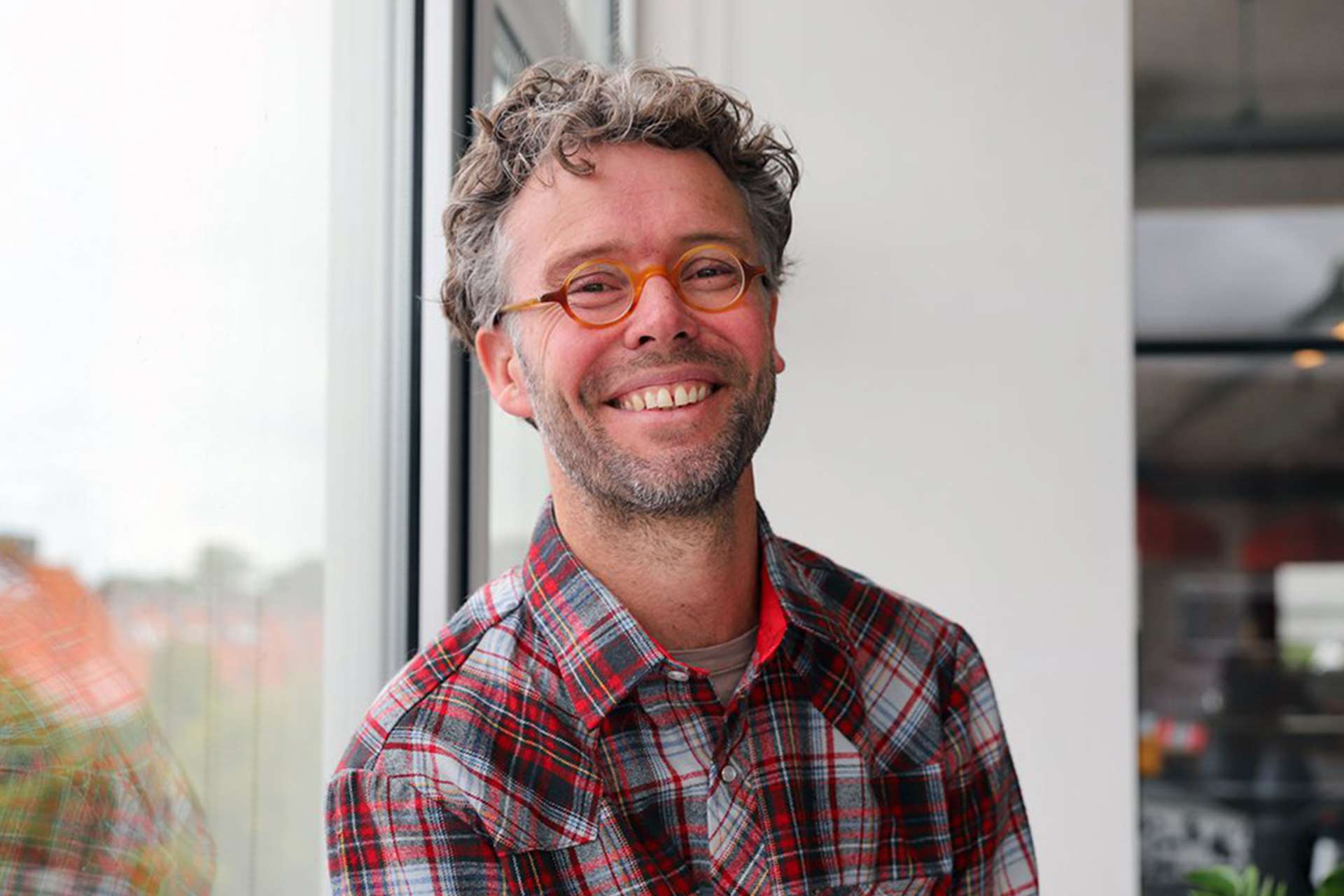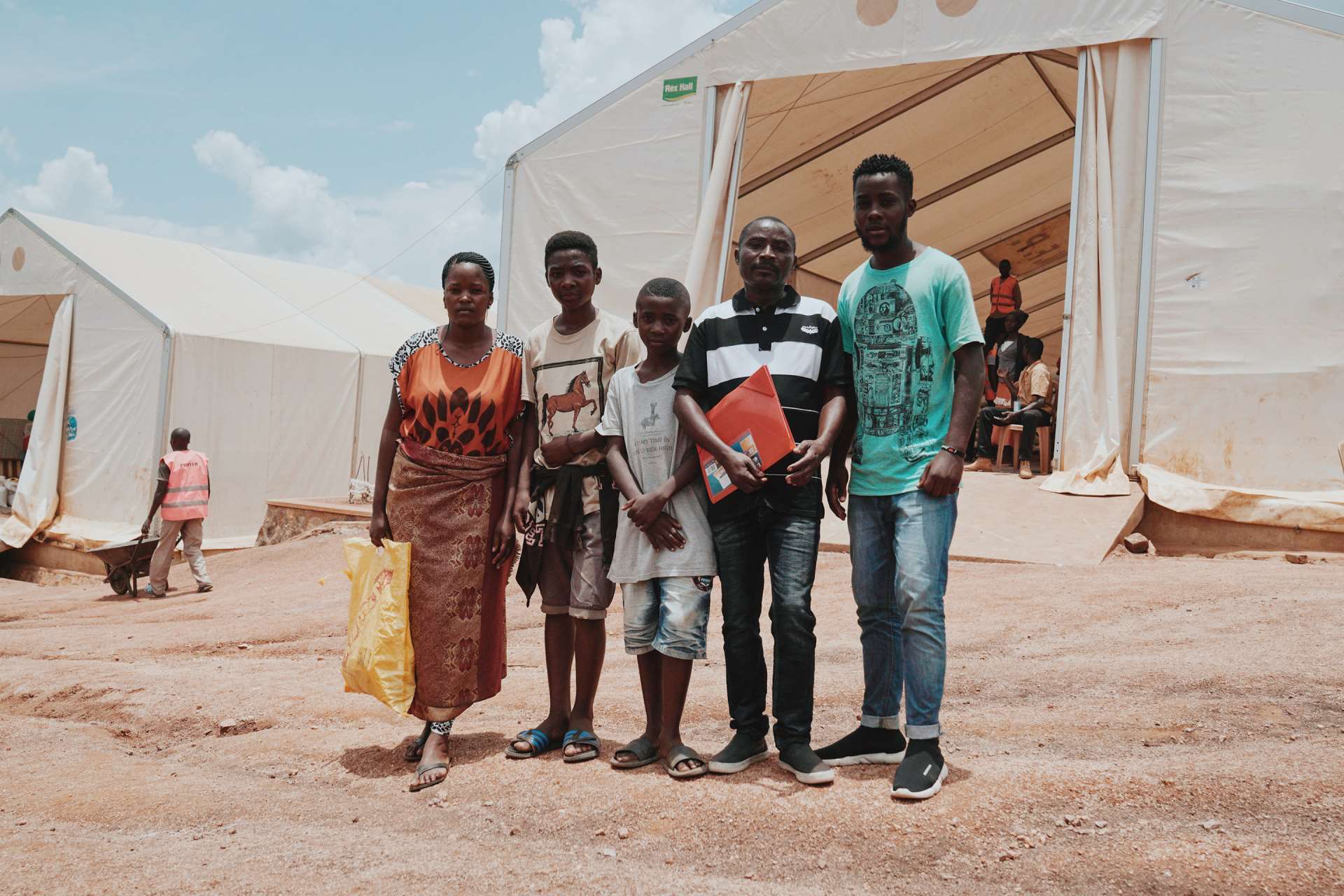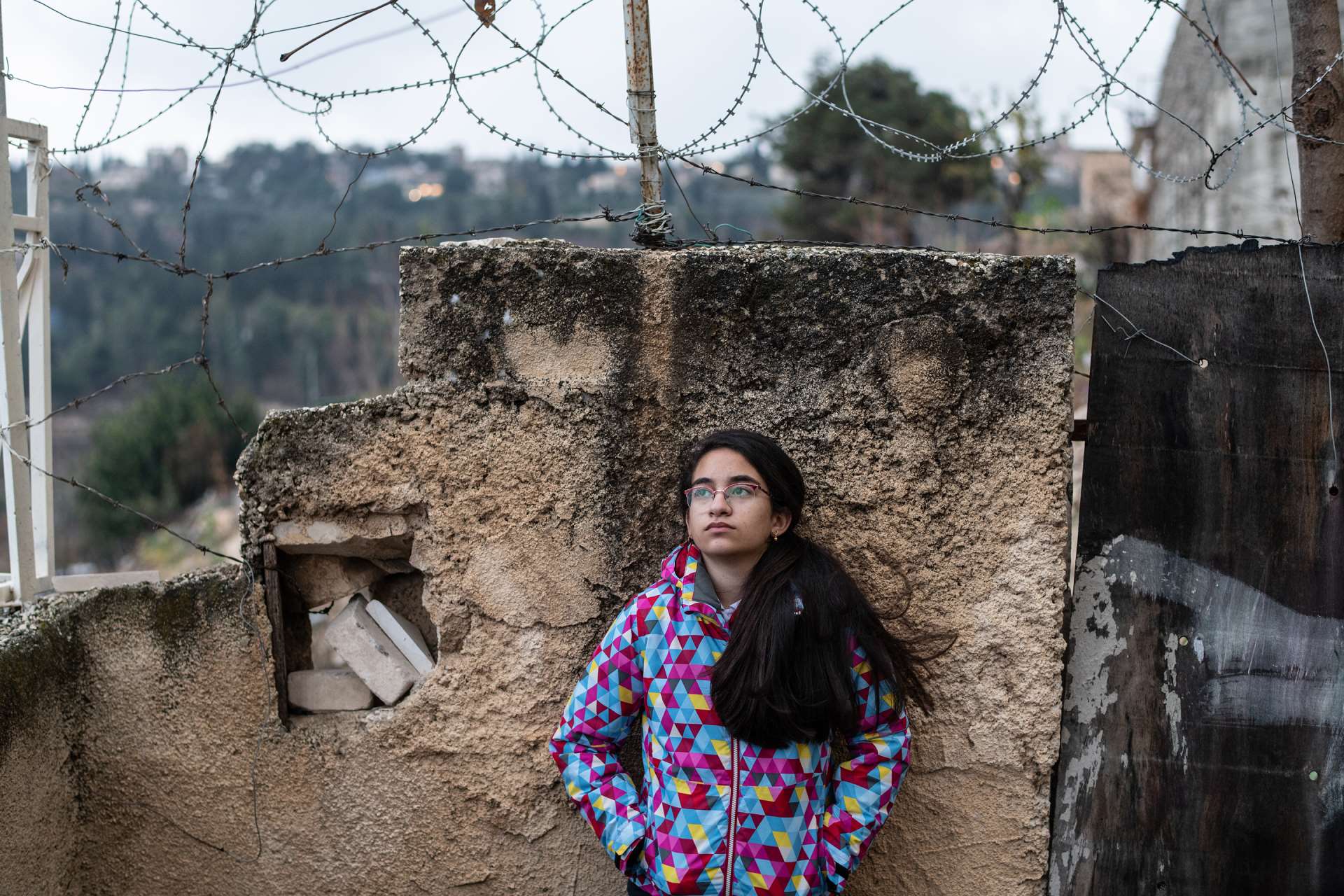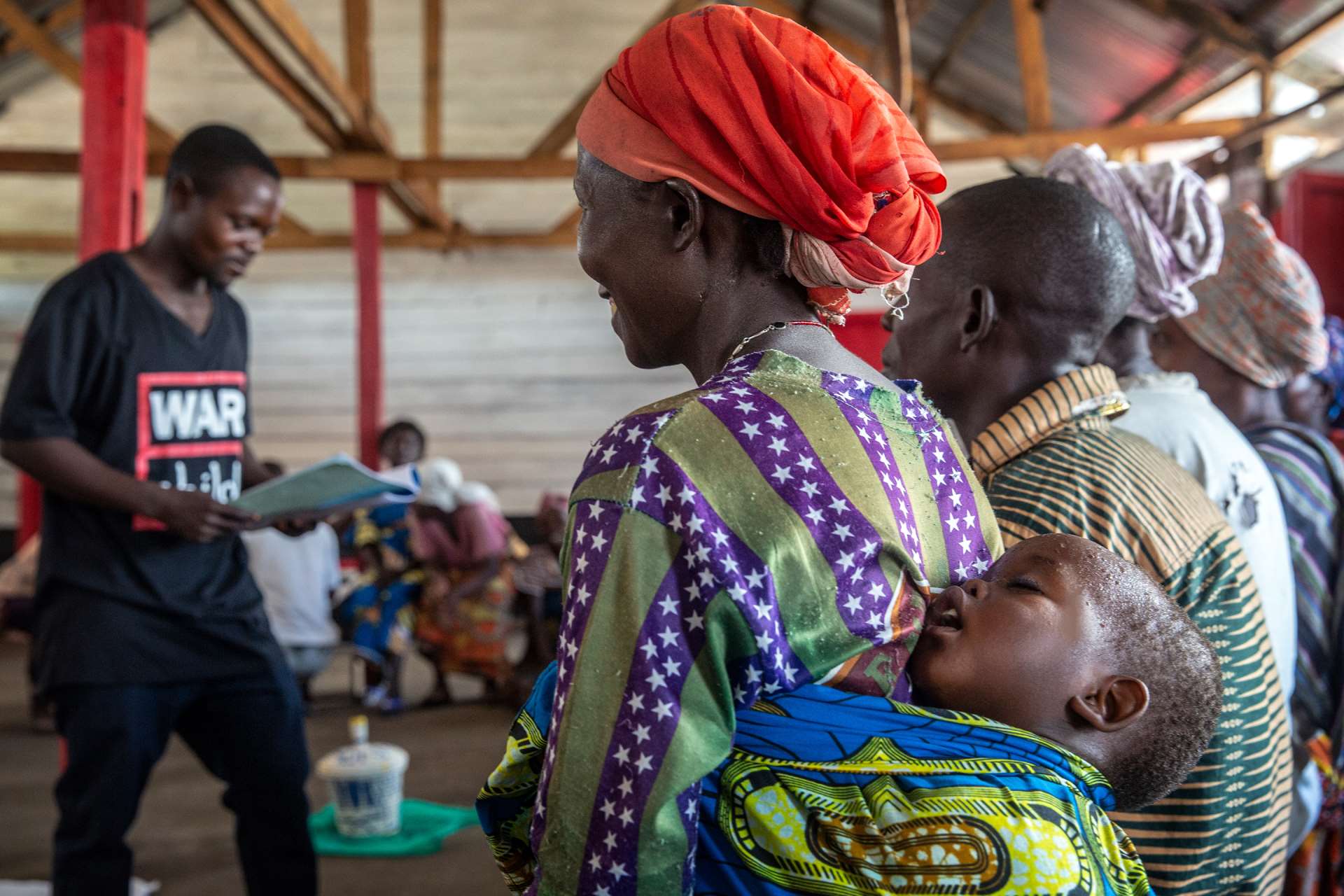A New Care Solution for Children Living with War
Some 84 million children worldwide experience psychological and social problems as a result of war and violence. Yet for 95 to 99 per cent of these children there is no mental health support available at all.
Professor Mark Jordans - War Child head of Research and Development - outlined his approach to address this urgent situation during a November ceremony to mark the inauguration of the War Child Holland academic chair. In this interview he shares his vision for an integrated system of care and support to meet the needs of vulnerable children worldwide.

How do you provide effective psychological support for children in the difficult conditions of a war zone? This central challenge to our work was the subject of a major speech delivered in November by Professor Mark Jordans.
The special lecture - Improving the Mental Health of Children in Conflict-Affected and Low-Resource Settings: Children’s Steps to Leaps Forward - marked the inauguration of a new War Child Holland academic chair. The ceremony saw Professor Jordans named professor by special appointment of Global Child and Adolescent Mental Health at the University of Amsterdam.
You aim to develop a care system that provides psychosocial support to children in war zones. Which children are we talking about?
“While many people would instantly think of child soldiers - who are extremely vulnerable and whom we naturally support - this group is only small. Every child who is growing up in a war zone faces the immediate consequences of war. They might witness air strikes, suffer the loss of family members or friends in the hostilities or experience poverty. These are just a few examples. War also has indirect consequences - the cornerstone of society is eroded and moral values lapse. This situation may expose children to sexual abuse, among other serious forms of maltreatment. It also puts pressure on the school system as well as on parents - which in turn may cause abuse and neglect. All these children are encompassed in the care system that we are developing.”

How can you - as a scientist - help to improve the circumstances of these children?
“I use science to improve immediate psychological support for conflict-affected children. A large number of these children either do not receive support for the psychosocial issues they face, or they receive support that has not been proven to be effective. My research explores evidence-based methods that we know work - and that will enable me to develop a range of care that can be applied by relief organisations in different contexts. And I don’t just mean War Child - we cannot do it alone. These interventions rely on the support of organisations including UNICEF, Plan and SOS Children’s Villages.”
What is this care system made up of?
“To name an example, we have developed a protocol intervention in cooperation with the World Health Organisation. A group of children spend seven sessions getting to know each other, learning to understand their emotions and taking a different approach to address any issues. They also learn how to boost their social support base and identify activities that they enjoy. This intervention is led by a member of the local community who attends a bi-weekly training session for this purpose.”
Are the parents also involved?
“They are targeted in our interventions as well. Stress has a strong negative impact on parent’s attitude towards their children and may result in abuse. Our method provides techniques that help to reduce high levels of stress amongst parents and caregivers - after which the relationship with their child will improve.”

Do parents want to take part in these training sessions - even when they are living in war zones and/or refugee camps with their children?
“Yes. It’s often the case that they feel overwhelmingly powerless and insufficient as parents - so they are thrilled when they are able to participate in the intervention. We frequently hear parents say that they are able to cope so much better afterwards. And the good thing is that it’s not just mothers who take part - also fathers. Prior to the relaxation exercises, we explain why we’re doing them and how stress affects the brain. They really appreciate and respond well to this information. The same goes for the MP3 players that we use in the relaxation exercises - parents enjoy using them.”
It goes without saying that these training sessions cannot change the circumstances in which children and their parents live. Why is it still so important that we support them in this way?
“Any immediate support that you can offer - particularly in the aftermath of a conflict or crisis - is proven to improve children’s well-being. The help that you provide at that moment is crucial. For example, children will be less prone to suicidal thoughts. This point alone is worth the effort, in my opinion. From the perspective of public health, a minor improvement among a population will have a huge impact on society at large.”

Could these interventions help to prevent war as well?
“While this fact is very difficult to establish, it has been proven that violence is often passed on from generation to generation. We might perhaps contribute towards breaking this cycle.”
To what extent are you emotionally involved in your work?
“I do not experience fierce emotions on a daily basis. Let’s be honest: I spend much of my time working away on my laptop in a safe environment. Academically speaking, maintaining this distance to your subject is required in order to do a good job. By contrast, I previously worked as a child psychologist in the earthquake zones of Kashmir and Nepal in India. The chaos and suffering there was much more tangible. Yes, these situations do make me emotional.”
Want to learn more? Discover the War Child Care System in practice in the dedicated section of this report.